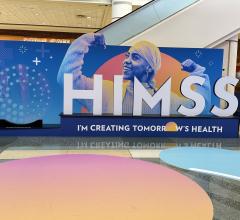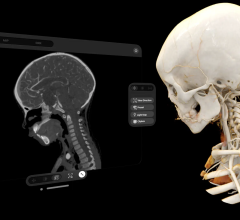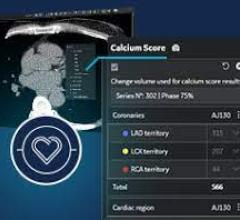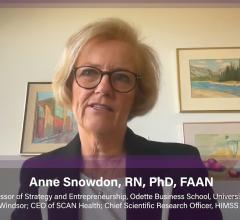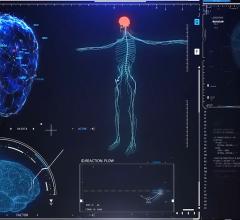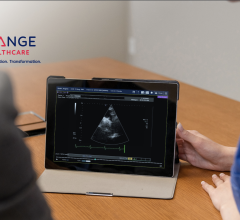April 16, 2015 — Patients expect their hospital experience to involve nothing less than the latest technology. That is why the idea of too much paperwork scares them off, sometimes to the point of choosing the Internet for help with medical conditions. These are among the findings of an online survey conducted by Harris Poll of more than 2,000 adults in the United States on behalf of Ricoh Americas Corp. The focus was information mobility in American hospitals, the ability to efficiently move information among clinical and administrative workers regardless of whether it is paper-based or digital.
Many U.S. adults said:
• Hospitals are drowning in paperwork, which cuts into the time healthcare workers are able to spend with patients (77 percent said this).
• Hospital patients feel more connected to healthcare providers who don't spend a lot of time on paperwork during visits (79 percent).
• They would rather search treatments on the Internet for non-life threatening medical issues than deal with hospital paperwork to see a healthcare professional (60 percent).
• Hospitals that use tablets or other mobile devices to collect information from patients are more efficientthan those that don't (74 percent).
The same research documented the benefits of reducing paperwork and digitizing hospital workflows.
• Nearly 9 in 10 (85 percent) respondents said they would feel more comfortable about a hospital's quality of care knowing it is using the latest technology.
• More than 9 in 10 U.S. adults (92 percent) support hospitals spending money on technology to allow healthcare workers to spend more time with patients.
• More than 8 in 10 said that with the increased use of information management technology, hospital visits are more efficient (85 percent) and hospital admission and discharge processes go much faster (83 percent).
"Everyone knows that paperwork can be inefficient and that electronic health records are a major goal of healthcare technology initiatives," said Ron Nielson, vice president, Ricoh Healthcare. "But this survey goes further, revealing that patients react viscerally to the red tape they encounter in hospitals. We need to do better now, and we can."
There is even an emotional dimension to the use of newer technology in hospitals: More than half (54 percent) said patients are less anxious during hospital visits when healthcare providers use tablets or other mobile devices to collect information.
"For whatever reason, hospitals seem to lag behind other business segments in the ability of clinicians and staff to access the information they need when they need it," continued Nielson. "Ricoh has studied the problem in depth and has developed powerful solutions to address common healthcare information needs, such as electronic health records, patient chart scanning, health information management workflow, patient ID wristbands, secure plain-paper prescription printing, and more. All of these are designed to help address healthcare's needs for privacy, security, cost-effectiveness and a seamless patient experience."
About Information Mobility
Information mobility includes the ability to transform hospital information — and to repurpose it or search for it — in any format. The goal is to have access to the relevant data one needs anytime, anywhere.
Methodology
This survey was conducted online within the United States between Feb. 18-20, 2015 among 2,053 adults aged 18 and over (among which 960 have been an outpatient and/or inpatient in a hospital in the past five years) by Harris Poll on behalf of Ricoh via its QuickQuery omnibus product. Figures for age, sex, race/ethnicity, education, region and household income were weighted where necessary to bring them into line with their actual proportions in the population. Propensity score weighting was used to adjust for respondents' propensity to be online.
For more information: www.ricoh.com/about/


 December 23, 2025
December 23, 2025 
